The things to consider to future-proof your money and ensure are financially protected
The coronavirus pandemic has caused mass concern for people including worth around their finances. We asked the experts how to protect yourself financially.
Business
Don't miss out on the headlines from Business. Followed categories will be added to My News.
THE coronavirus pandemic has caused widespread panic around the globe resulting in plummeting sharemarkets and countries rolling out economic rescue packages in desperate times.
The financial rollercoaster continues and Australia now faces the stark reality of entering a recession for the first time since the early 1990s, as the deadly virus spreads its tentacles globally.
But experts say while times are tumultuous, there are some measures you can take to help protect your finances.
PROPERTY
REA chief economist Nerida Conisbee
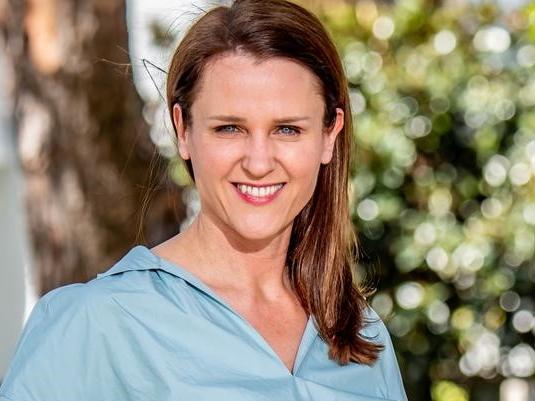
COVID-19 is creating a lot of uncertainty about the outlook for property markets around the world and the situation is changing every day.
In Australia, our governing institutions are making efforts to stimulate the economy and mitigate the potential fallout; interest rates have been cut again and the government has announced budgetary measures to get us spending.
At this stage, the outlook for property will depend on how quickly and how far the virus spreads and how badly it affects the Australian economy.
We’re closely monitoring auction clearance rates and search activity on realestate.com.au, and if indicators start to point to declining activity, recent price growth will likely moderate.
The surest way to lose money in property – or any market – is to buy in an upturn and sell in a downturn.
If you are an investor in property, it always pays to hold for as long as possible to avoid this scenario happening.
Look for properties that are likely to hold value in locations that are broadly undersupplied for housing.
Real Estate Institute of Australia president Adrian Kelly
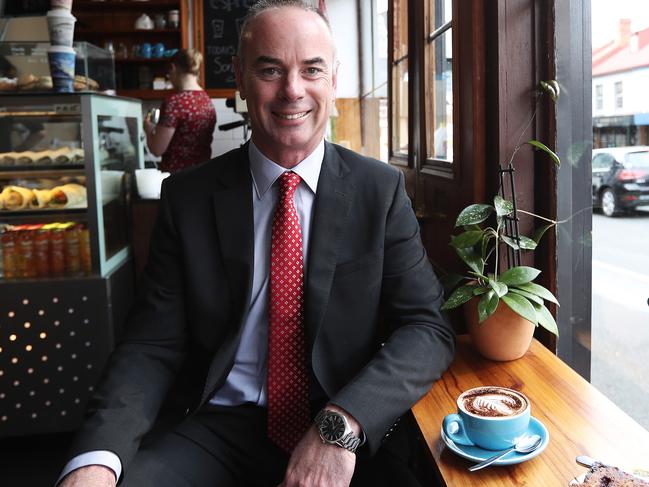
Australians will continue to invest in Australian real estate despite the recent coronavirus outbreak.
It is likely that we will see some reduction in consumer sentiment as the full effect of the virus becomes clear.
We are already seeing potential vendors deciding not to go to market and instead wait until market conditions improve.
Buyer enquiry though is likely to remain unchanged meaning that competition will remain high and consequently, prices.
I suspect any reduced consumer sentiment is likely to be magnified in the larger cities than in regional parts of Australia, just as the nonsensical rush to buy toilet paper has been.
I have no doubt that once this situation is managed and under control our markets will return to normality just as they did after the bushfires earlier in the year.
HOME LOANS
Aussie chief executive officer James Symond
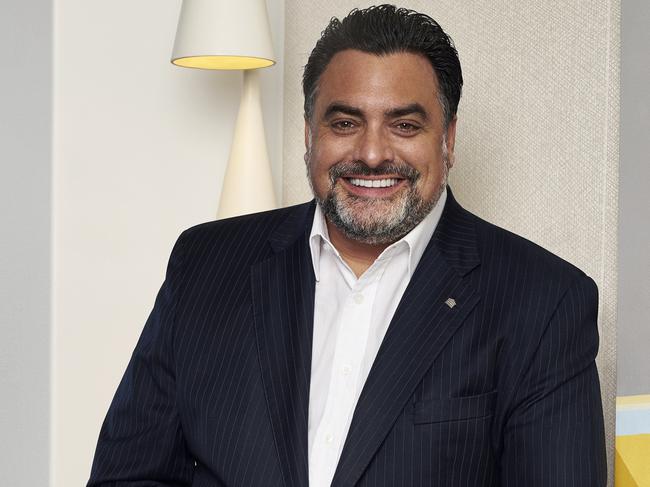
This month’s cuts to mortgage interest rates are expected to provide a welcome buffer to the potentially negative effects of the coronavirus on the property market and economy.
Property should continue to provide a reliable asset class for investors, who may have been burnt this month by the share market meltdown and are still not gaining ground with low rates on their savings accounts.
Consumers are in a strong position to invest in property or refinance their mortgages.
Lenders are being very competitive, offering not only a range of incentives such as cashbacks of up to $4000 and mortgage rates under 3 per cent, so it is worthwhile meeting a mortgage broker who can weigh up your options.
While mortgage rates will continue to be at historic lows for some time, those who are looking for more certainty can split their loan between variable and fixed rates.
Home Loan Experts managing director Otto Dargan

The coronavirus is likely to cause the housing market to be less active in the second half of this year.
Nobody knows how severely this will affect the economy or house prices.
Fixed rates are at record lows, such as 2.49 per cent with some lenders.
Nobody can predict the future so fixing is a gamble.
Don’t fix if you want to make extra repayments or plan to sell your property as they have high exit fees.
Experts believe another rate cut is likely so it may not hurt to wait a few months before fixing.
Making extra repayments to your loan can save you a fortune over the life of the loan and gives you a healthy buffer in case the economy is in trouble later.
Most loans allow you to redraw your extra repayments in times of need.
SHARES
Robo adviser Six Park’s director of business development Ted Richards

I don’t think it’s a good idea to borrow to invest in shares.
I think the better strategy for people to focus on is ‘dollar cost averaging’ in this market (contributing to your investments at regular intervals rather than trying to pick the bottom of the market).
This approach can hedge against further adverse market movements over the short term and won’t leave investors exposed to catastrophic risk that borrowing to invest can, especially if another black swan event occurs.
Buy
Vanguard (VGAD)
An exchange-traded fund that provides investors with exposure to more than 1500 securities across 22 of the world’s major developed economies.
It has a low fee and is currency hedged so it’s unaffected by currency fluctuations.
Sell
Highly-speculative stocks. There’s enough opportunities in the current market to invest in quality companies than needing to take on increased risk by speculating on illiquid/unproven businesses.
JBS Financial Strategists chief executive officer Jenny Brown
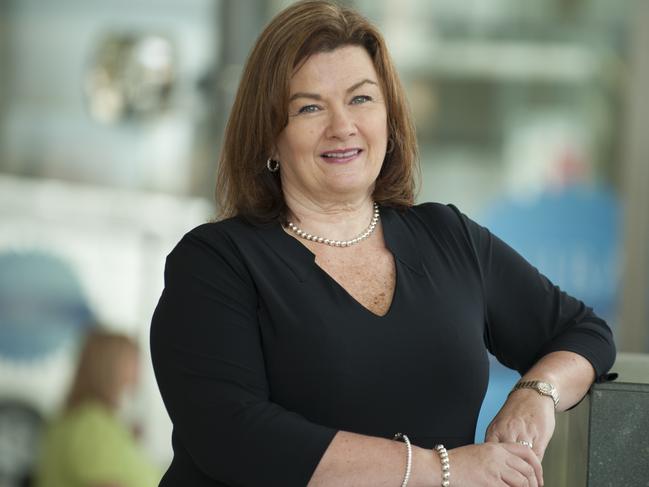
Buy
Good-quality blue-chip stocks.
These come with good income, have quality balance sheets, low debt and good management are the first to rebound when the market sentiment turns.
Avoiding smaller more volatile stocks that will have larger fluctuations in times of volatility. Smaller companies also usually have higher debt levels with loans that may be at risk of being called in should they fail to meet their banking covenants.
Having a view to holding assets over a longer five to ten-year time frame will help with those companies to purchase.
Sell
Always asking the question of “would we buy it now” helps to decide if we should sell.
With markets at lows not seen since 2016 for those who have a longer time horizon it certainly makes for a good buying opportunity as long as you don’t need the funds in the short term.
Low-cost ETFs provide diversification to help smooth returns within the healthcare and consumer staples sectors as Australians will continue to require both.
We would rather be conservative and use cash to invest as borrowing to invest will magnify both gains and losses.
SAVINGS
Financial comparison website Mozo’s spokeswoman Kirsty Lamont
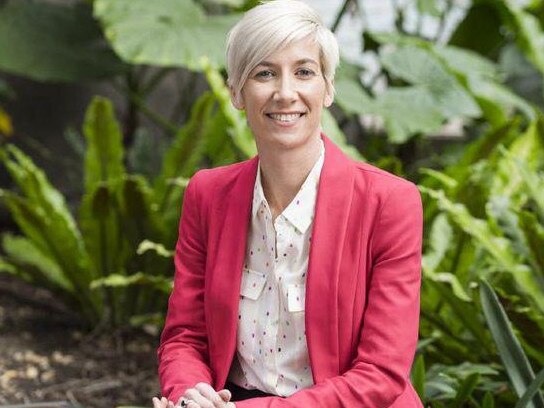
To get a decent return on your cash you need to move your money.
The ongoing savings rate in our database is 2.25 per cent, that’s 1.32 per cent above the average (currently 0.93 per cent) and well above the big four banks’ average of 0.54 per cent.
Investing $10,000 at this top rate and depositing $250 a month over 2 years would earn you $591 in interest.
Investing the same amount into an account with an ongoing rate of just 0.54 per cent would see you earning $140 in interest. That’s a difference of $451.
You can also quarantine your money against future rate cuts by locking in a term deposit.
The average six month term deposit rate is 1.39 per cent, with the highest six month term deposit rate 1.90 per cent through Judo Bank.
This is well above the average at call savings rate.
When fear sets in it pays to keep a cool head, compare rates and stay focused on your savings goals.
Financial comparison website RateCity’s spokeswoman Sally Tindall
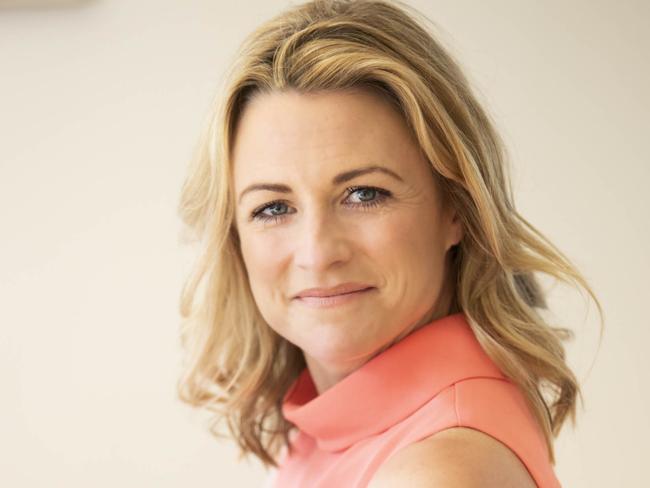
The one thing we do know is that low interest rates are here to stay.
For those keen to play it safe, bonds are an option and while savings accounts have hit rock bottom, there are still deals out there.
Neo banks 86 400, Up and Judo are offering market leading rates.
Yes they have funny names, but your money is guaranteed by the government up to $250,000. If you have any bad debts, it’s worth paying them off.
For those that have a home loan, you could put more into your offset account, or if you’re feeling adventurous, do some renovations.
Some investors will want to get back into the share market when the dust settles.
Just make sure you formulate a strategy before diving in, ideally with some personal financial advice in hand.
SUPERANNUATION
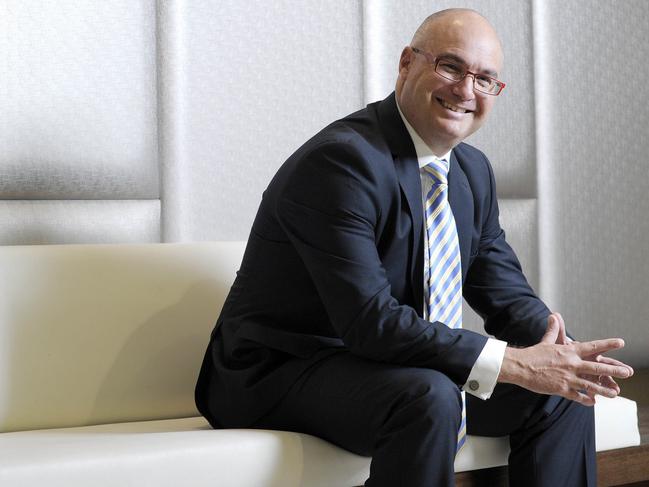
Intrust Super chief executive officer Brendan O’Farrell
Well-run super funds employ diversification strategies with booms and busts and long-term returns in mind.
Strong regulatory oversight requires super funds to understand the risk-return characteristics of their portfolios.
Members should ask what asset classes their superfund diversifies across, including exposure to cash and bonds which protect portfolios during volatile times.
Markets invariably exceed previous peaks.
Switching investments now, would risk selling low and buying high.
Finally, sticking to a strategy and continuing regular investments through the cycle means that ongoing contributions are buying assets at increasingly favourable prices – which should deliver increased returns as markets recover.
AustralianSuper head of advice Shane Hancock
What we are experiencing is not out of the ordinary and over any 20-year period, we might expect four to five years where share markets have a negative annual return.
History shows that many members who stay invested through market ups and downs end up better off than those who change investment options.
If you see your super balance decline, it can be tempting to make a change to a more conservative investment option, like cash.
But when it comes to super, it’s important to focus on the long-term, and have an investment strategy that’s right for your personal objectives, situation and needs.
AustralianSuper data shows that some members may lose money when they change investments in reaction to short-term market movements.
Members may lock in losses and miss out on the potential for higher returns by being out of the market when it recovers.
Originally published as The things to consider to future-proof your money and ensure are financially protected

